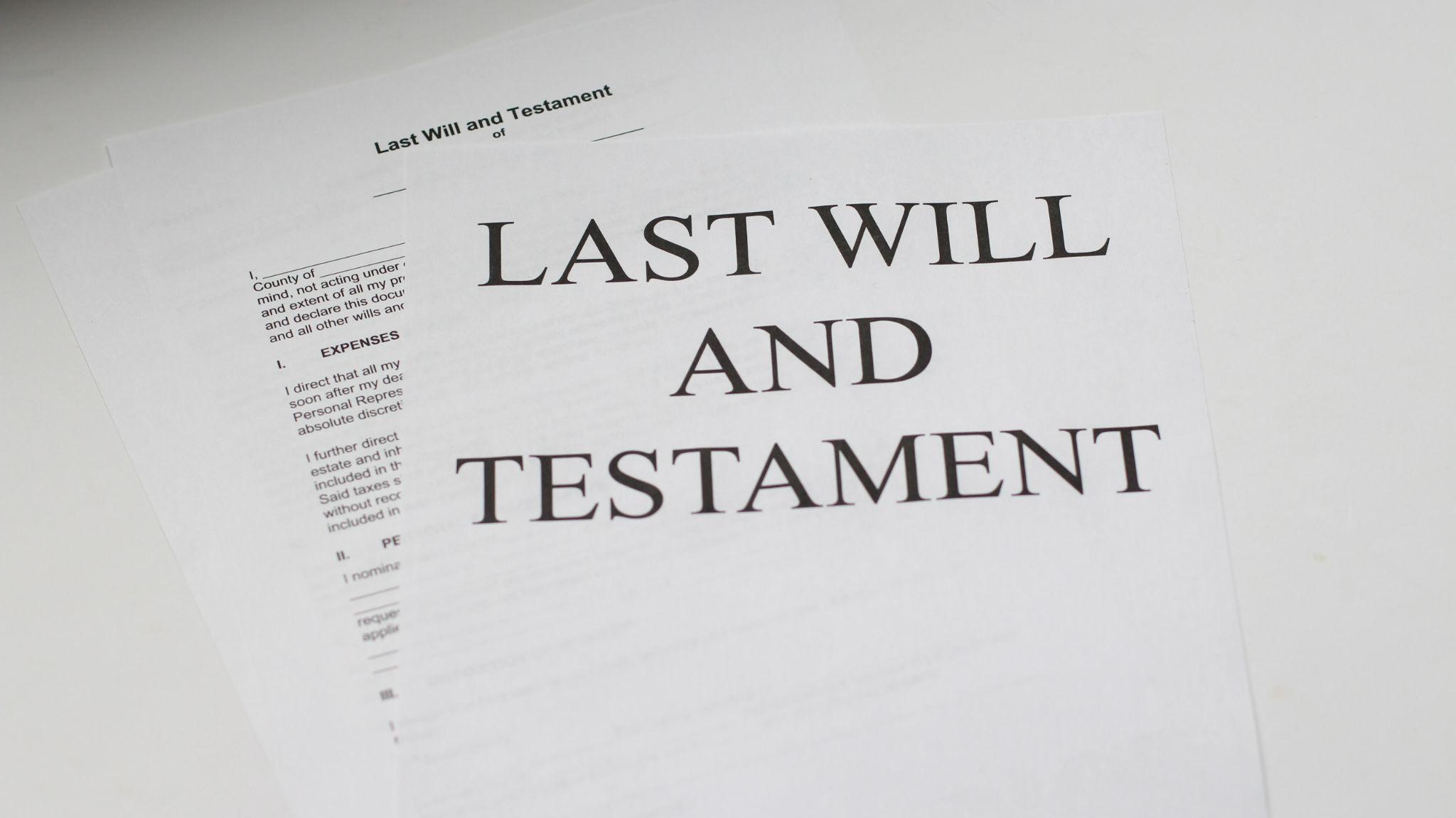Approaching the task of making a will can be a daunting prospect; indeed, some people believe they don’t need a will either because the value of their estate is small, they are too young to need a will yet, or they think they can’t afford it. At Norfolk Will Writing, we hear many questions from people considering making a will, even a simple one. So, we’ve answered the most frequently asked questions about wills to help you.
Frequently asked questions about wills
1. Why do I need a will? This is probably the most asked question we hear so, let’s give you a definitive answer. In England and Wales, if you die without leaving a will, which is known as intestate, it is left to the rules of intestacy to decide who benefits, which will delay the probate process. Effectively, you will have had no control over who receives what assets from your estate. For example, you may wish to leave certain items, like family heirlooms or jewellery, to a particular family member or leave a gift to a charity. Without a will, this won’t happen. One other aspect to note is that unmarried partners cannot benefit from your estate unless it is written in a will. Legally, the law does not recognise common-law or cohabiting partners.
2. How long does it take to write a will and what does it cost? There is no definitive time frame on how long it takes to write a will. It largely depends on the size of your estate, whether you include a power of attorney or whether there are any trusts to consider, as well as any overseas assets. However, for a simple will with a straightforward estate, it shouldn’t take more than 4-6 weeks for your will to be drawn up and witnessed. In terms of cost, again it can depend on your circumstances. It is possible to draw up a will online by yourself which will cost around £30. If you are looking for a specialised will writer or solicitor for your will, the average cost will be between £150 and £650, depending on the size of the estate.
3. Can I write my will or should I use a solicitor? Yes, it is possible to make your own will, using either a will pack or online. However, you may end up using terminology that is ambiguous, leave out assets or not have it witnessed correctly which may invalidate your will. To avoid these types of pitfalls, we always recommend using specialist will writers who will ensure your will is accurate, uses the right wording and is witnessed properly.
4. What should a will include? Your will should include your decision about everything you personally own. This ranges from your home and any other property, any trusts, savings and insurance policies, stocks, shares and other investments. It also includes everything down to your belongings, such as cars, artwork, jewellery and any other items that whilst not valuable, are family heirlooms or hold a sentimental value. It should also include your beneficiaries, any charities you wish to benefit, your children and if they are under the age of 18, who is tasked with taking care of them (if needed), and the names of your executors. The solicitor or will writing specialist you ask to make your will is tasked with making sure you include everything that should be in your will.
5. What is an executor and what do they do? The executors of your will are the people you nominate to manage the probate process and distribute your estate in accordance with your wishes. It is recommended that you choose at least two executors – you are only allowed a maximum of four – they must be over the age of 18 years and must be of ‘sound mind’ for the role. Always ask your intended people before you name them in your will and contrary to beliefs, an executor is allowed to also be a beneficiary.
6. What happens if I die without a will? If you die without a will, the management and distribution of your estate will be governed by the rules of intestacy. This means that your assets and possessions will pass to directly related family, even if this is against your wishes. If there is no immediate family, your estate is passed to the Crown, which means no-one benefits from your estate, not even your favourite charity.
7. Can I change my will? Yes, you can amend your will and you should change your will as your circumstances change. For example, if you get married, have children, re-marry, adopt or foster children, if a beneficiary or executor dies before you and as your estate grows over a period of time, i.e. a bigger house, investments overseas or the setting up of a trust.
8. Who can witness my will? Most people can witness a will as long as they have an address. They must be present when you sign your will, either physically or by video link, so they can attest to the fact that you have signed your will independently and are in ‘sound mind’. However, a beneficiary or the civil partner of a beneficiary is not allowed to act as a witness of your will. If they do so, they will be disinherited.
9. How much tax will my family have to pay? The level of inheritance tax, and possibly income tax, paid from the estate is dependent on the value of your estate. However, there are steps you can take to effectively reduce the amount of tax paid, such as trusts and gifts. For more detailed advice, contact us and speak to a member of our team.
10. Can we make a joint will? Yes, couples or people who are close relatives, such as two siblings, can make joint wills, which are known as mirror wills or mutual wills (a mutual will cannot be altered should one partner die before the other). Joint or mirror wills are usually where the couple has the same or similar wishes. They usually benefit the other person if one partner dies, i.e. all assets are inherited by the surviving partner, and to any children when the surviving partner dies.
At Norfolk Will Writing, we have been helping our clients write their wills and assisting executors of estates manage the probate process for over 20 years. We offer a personalised service, keeping the process as simple and easy as possible. Our experienced consultants are on hand to guide you at every step. Contact us for your free consultation and book an appointment with one of our consultants to discuss writing your will today or carrying out your executor duties.




